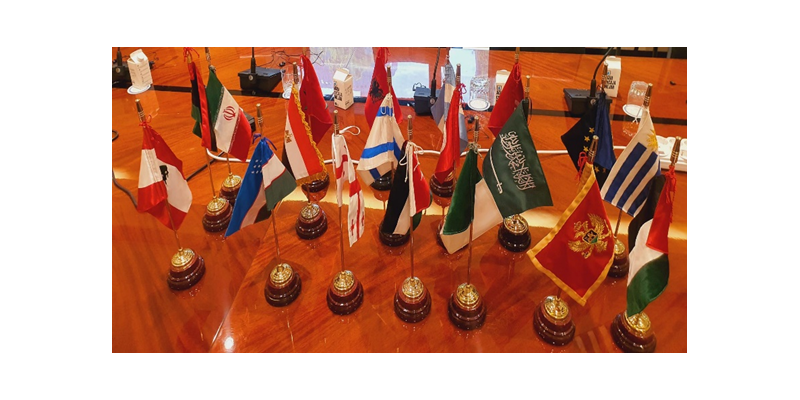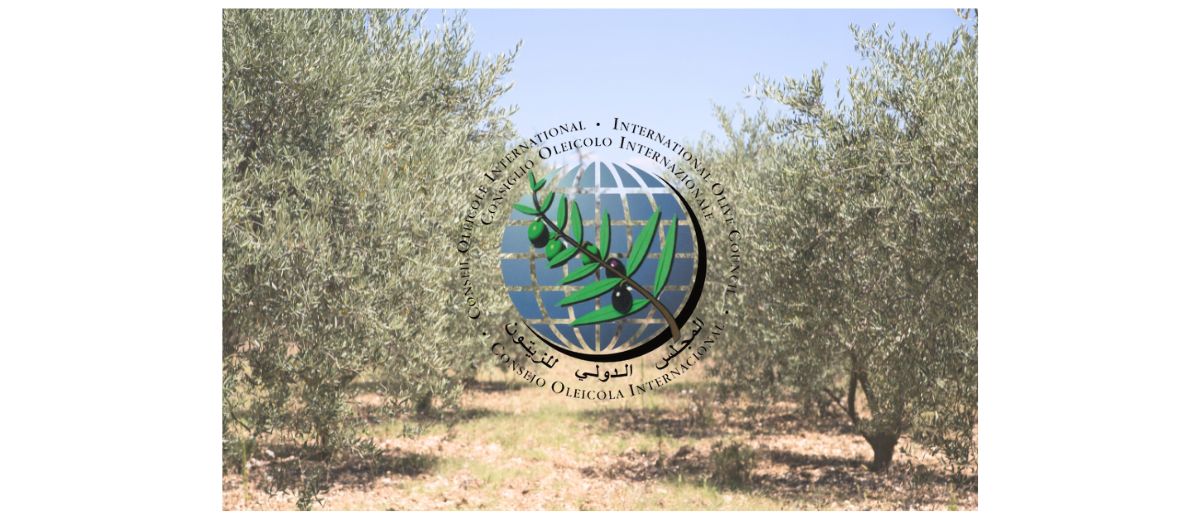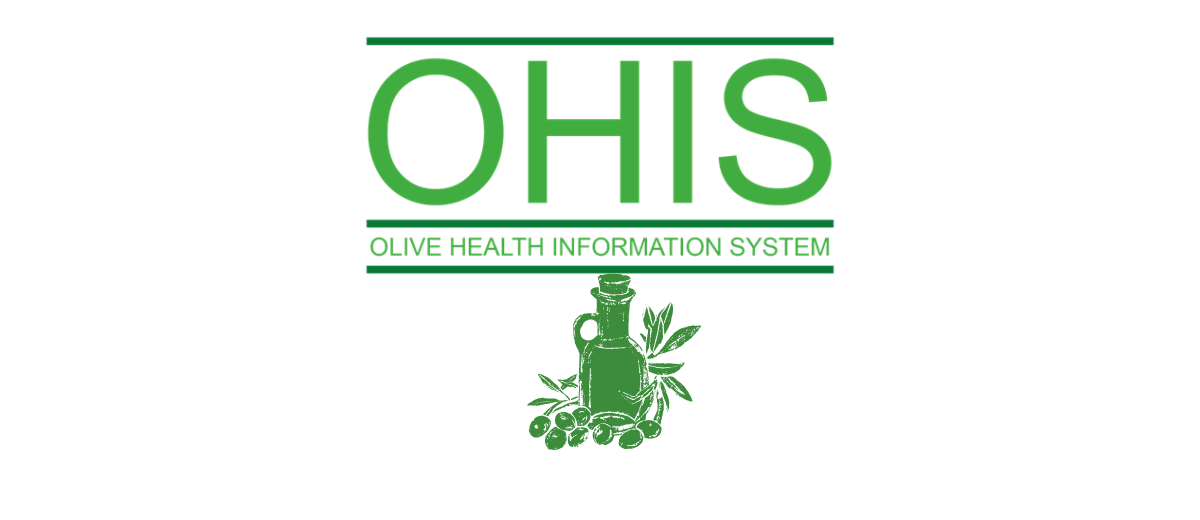On 26 and 27 April 2023, the Executive Secretariat (ES) of the International Olive Council (IOC) held a hybrid meeting with expert chemists from around the world. The meeting was attended by observers from several countries, including Australia and the United States of America (USA), as well as representatives from the Codex Alimentarius, the International Organization for Standardization (ISO TC34 SC11) and the IOC Advisory Committee.
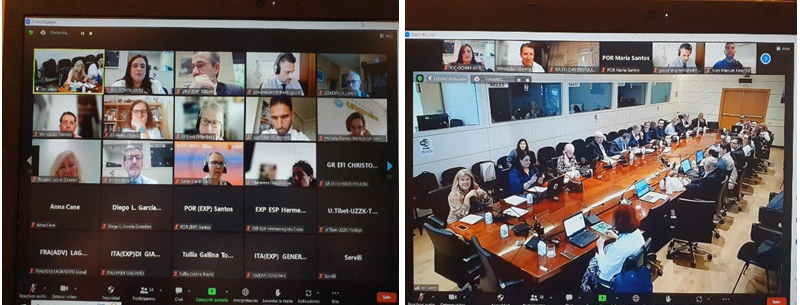
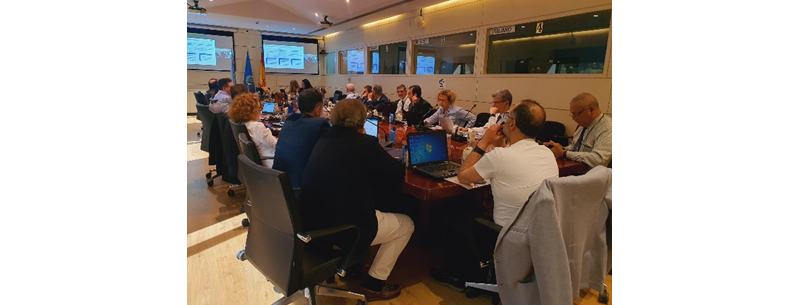
The meeting started with a discussion amongst the experts on the documents adopted at the 116th session of the Council of Members and the documents that will be presented at the forthcoming 117th session, including draft revisions of methods and parameters.
The attendees discussed matters of interest in the fields of standardisation, research and the study of methods of analysis to guarantee the quality and authenticity of olive oils and olive-pomace oils. The chair of the electronic Working Group (eWG) of the Codex Committee on Fats and Oils presented the group’s work and the next steps to be taken in the lead up to the 28th session of the Committee planned for 2024. The representative of the Codex Secretariat presented a detailed timetable.
Among the presentations given were the conclusions of the analysis of data from different countries and the responses to the second-year survey regarding sterols that the IOC ES sent to countries enquiring about deviant data and samples following the established protocol.
The Italian delegation expressed its concern regarding the issue of sterols, supporting their arguments with relevant data, and requested that it be resolved while also providing the IOC ES with samples. It is worth recalling that the Head of the Standardisation and Research Unit was invited to a workshop on “The absolute content of sterols in olive oils; past, present and future” organised by the Italian Society for Fats and Oils Research, held in Rome, Italy, on 24 January 2023, during which she participated in a roundtable discussion on future perspectives and possible solutions.
The IOC expressed that finding a satisfactory solution for all parties involved that safeguards both the quality and the authenticity of the oils is as a priority for the Organisation.
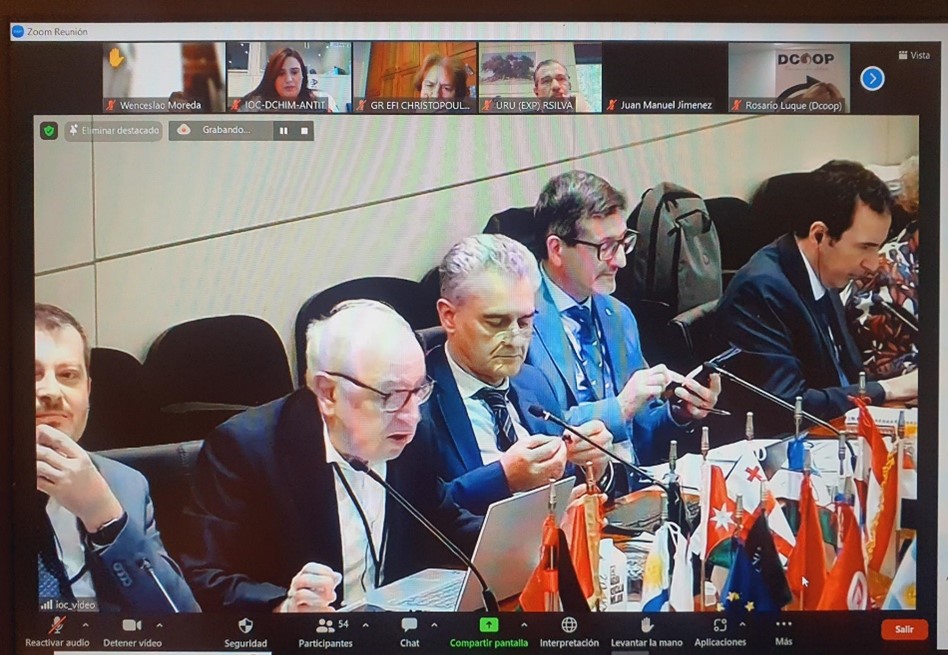
Participants also discussed about a range of other issues, such as the results of the collaborative trial on volatile compounds, the MOSH/MOAH issue, the public consultation of the European Food Safety Authority (EFSA) on the update of the risk assessment of mineral oil hydrocarbons (MOH) in food, PC-0400, the results of the Sensolive project and the harmonising of international standards, future priorities, creating new specific eWGs and organising collaborative trials.
Further information can be found here.
